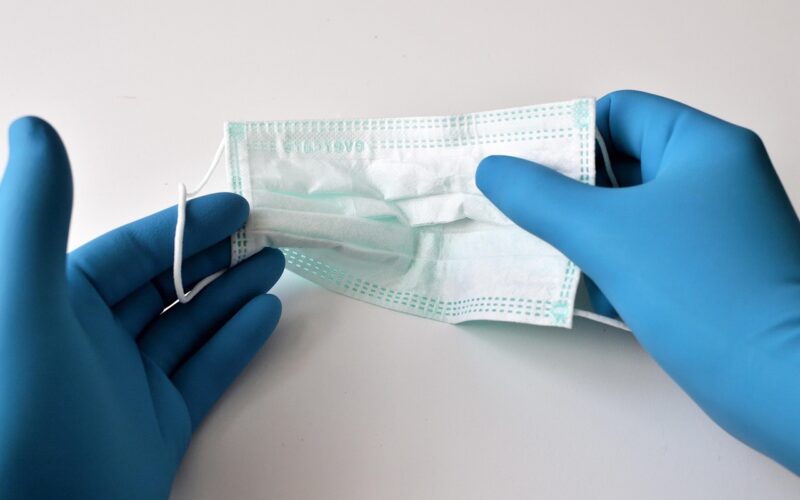Skill Development and Credibility
In the dynamic landscape of healthcare, professional credibility is not a static achievement but a continuous process of growth and validation. For healthcare practitioners, structured skill development is the cornerstone of building and maintaining this trust with both patients and colleagues. It moves beyond routine experience, providing a formal framework for mastering complex competencies. This commitment to targeted learning demonstrates a proactive approach to patient care, ensuring that clinical practice is aligned with the latest evidence and highest standards, ultimately cementing your reputation as a reliable and knowledgeable professional.
Strengthening clinical judgment through targeted training
One of the most effective ways to enhance your clinical capabilities is through specialised training. A comprehensive preoperative assessment course, for example, equips you with the systematic knowledge to evaluate patient fitness for surgery, identify risks, and optimise outcomes. This structured learning goes beyond on-the-job exposure by providing a deep understanding of pathophysiology, pharmacology, and risk stratification models. By mastering these skills, you improve patient safety and enhance the efficiency of the surgical pathway. This focused development sharpens your clinical judgment, empowering you to make confident, evidence-based decisions in high-stakes environments.
Enhancing diagnostics with specialised interpretation skills
Accurate and timely diagnosis is fundamental to effective patient management. Specialised training, such as interpretation of blood results courses, plays a crucial role here. These courses provide the nuanced understanding needed to recognise subtle patterns, correlate findings with clinical presentations, and identify urgent abnormalities quickly. This proficiency not only accelerates the diagnostic process but also improves communication within the multidisciplinary team. When you can confidently articulate the implications of complex lab results, you become a more valuable contributor to patient care discussions, fostering smoother collaboration and better-informed treatment plans.
Improving confidence in cardiac decision-making
Cardiac assessments are a frequent and critical component of healthcare, making proficiency in electrocardiogram analysis essential. Enrolling in a dedicated ECG course provides the systematic training required to interpret rhythms, identify ischaemic changes, and recognise life-threatening arrhythmias with precision. This formal education builds a solid foundation that replaces uncertainty with confidence. When faced with a complex ECG, a practitioner with this training can act decisively, whether it involves initiating emergency treatment or providing accurate reassurance. This expertise not only improves patient outcomes in cardiac events but also reinforces your standing as a capable and dependable clinician.
Choosing reputable programmes for meaningful learning
The value of any training is directly tied to the quality of the programme. When selecting a course, look for key indicators of credibility. Accreditation from a recognised professional body is a primary hallmark of quality, ensuring the curriculum meets rigorous standards. The programme should also include robust assessment methods that genuinely test your understanding and practical application of knowledge. Look for courses that incorporate practical scenarios and case studies, as these are vital for translating theoretical knowledge into real-world clinical competence. Finally, ensure the course offers Continuing Professional Development (CPD) or Continuing Medical Education (CME) points, which formally recognise your commitment to ongoing learning.
Translating new skills into workplace impact
Acquiring new skills is only the first step; the true measure of their value lies in their application within your clinical practice. After completing a course, you can translate your enhanced knowledge into tangible workplace improvements. This might involve leading the development or update of clinical protocols, conducting audits to measure care quality against best practice standards, or mentoring junior colleagues to help elevate the team's overall skill level. Actively using your new competencies in this way not only benefits your department and patients but also visibly demonstrates your expertise and leadership potential to your superiors and peers.
Compounding credibility through continuous professional growth
Skill development is not a one-time event but a career-long pursuit. Each new competency you acquire builds upon the last, creating a compounding effect on your professional credibility. A practitioner who has mastered preoperative assessment, blood result interpretation, and ECG analysis is seen as a versatile and highly competent resource within their team. This continuous dedication to learning signals a commitment to excellence that opens doors to greater career mobility, including advanced roles, specialisation opportunities, and leadership positions. Ultimately, ongoing education is the most powerful tool for building a lasting and respected professional legacy.





